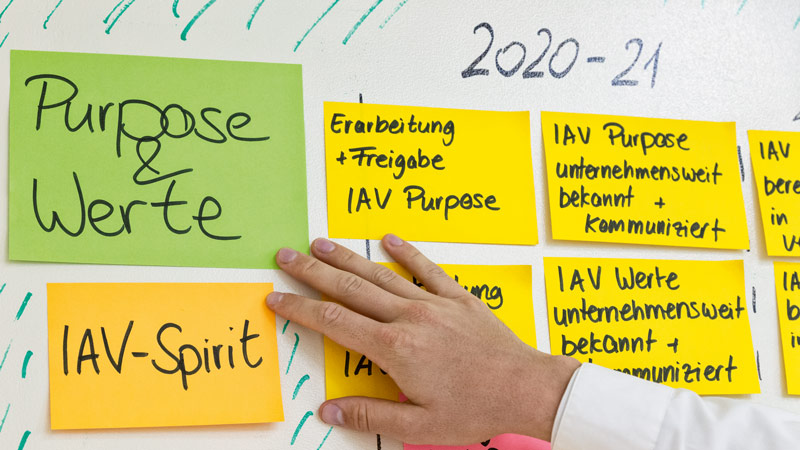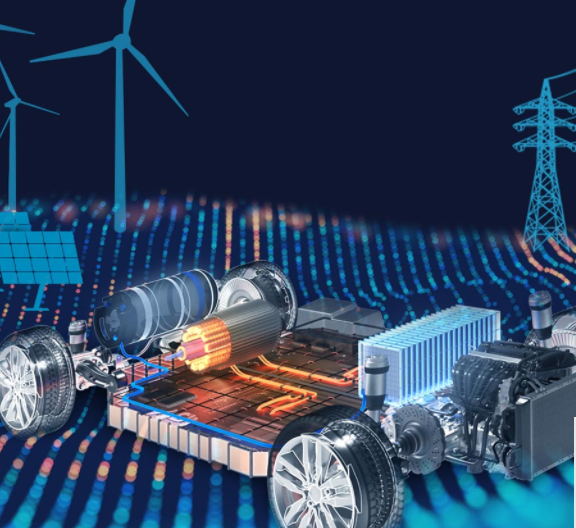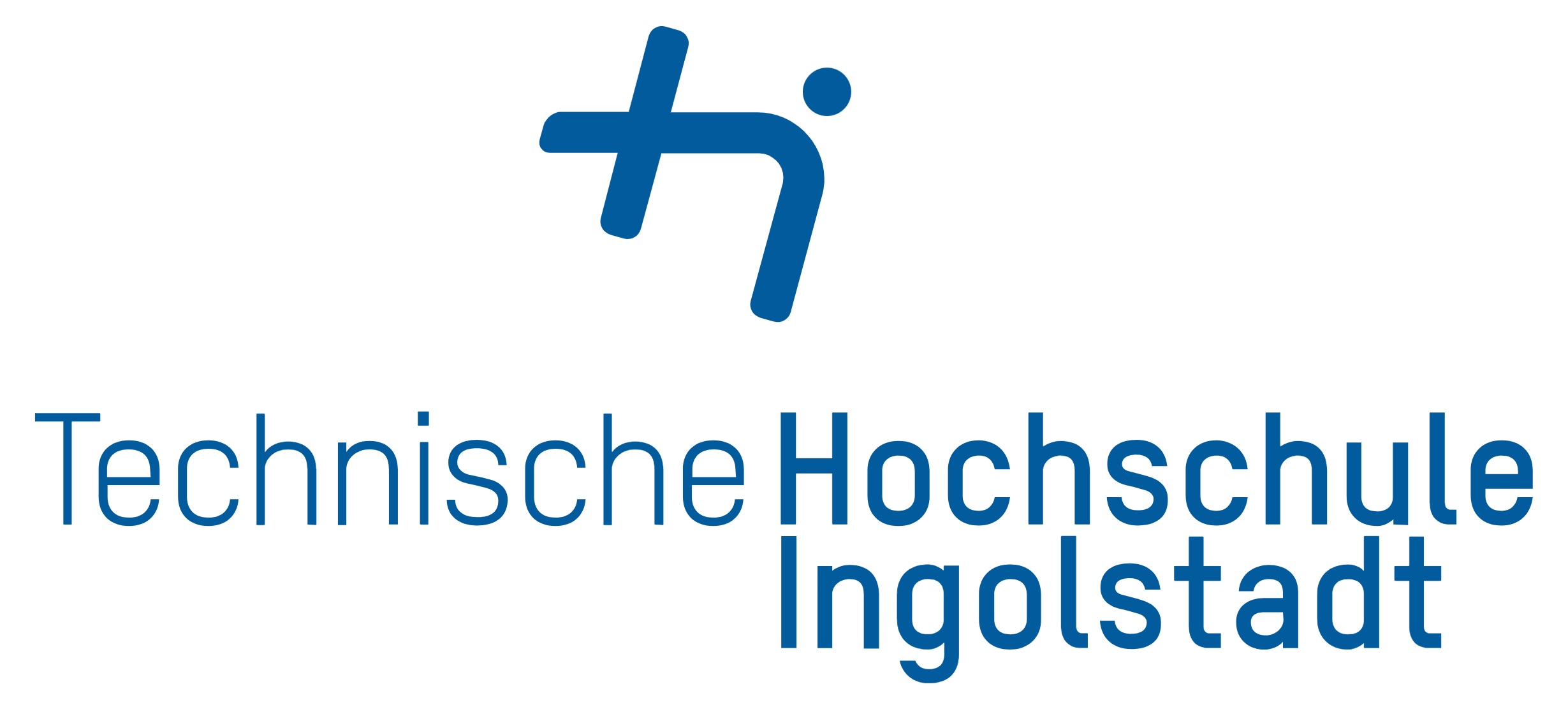“AI Will Change the Entire Value Chain”
Only those who resolutely invest in artificial intelligence will be among the winners

Dr. Mirko Knaak
— IAV expert in artificial intelligence, about the opportunities for the automotive industry
Let’s start with a guessing game. When was this sentence said: “In the years to come, we expect that these man-machine systems will share, and perhaps for a time be dominant, in our advance toward the development of “artificial intelligence”. If you think it was 2017, you are in excellent company, but wrong. It was said by Marvin Minsky – in 1961. The promise of artificial intelligence is, in fact, as old as this, so too are the fears it provokes.
Hype about artificial intelligence (AI) is no new phenomenon. We have had it three times already. Three times the apologists have promised a minor revolution. The first phase began with the Dartmouth conference at which Minsky, cited here, and ten other researchers coined and rudimentarily defined the concept. The bold dreams were soon over when it was proven that their systems were not capable – from a structural point of view – to learn a very simple function (for experts: “exclusive OR”). Following a decade-long period of inactivity, so-called expert systems in the 1980s promised to outperform human beings in making decisions.
Everyone got excited once again when, in the 1990s, artificial neural networks were able for the first time to emulate functions in the audiovisual section of the human brain and showed successes in their application – examples are lane-keeping assistance systems in the move towards automated driving. Although artificial neural networks made their way into many university degree courses, such as electrical engineering or mechanical engineering, the promise could not be kept and they disappeared again.
Now we are hearing similar statements again. Since the Go world champion was beaten in 2016, there is discussion in the media as to whether we are getting a hyper intelligence that perpetuates itself and outperforms the human being. We are all familiar with this and similar statements. But how can we be so sure that we won’t experience the same hangover in a couple of years as we have done three times in 60 years already? Nobody believes a three-time liar!
The central difference lies in the way memory and computing capacity have developed (Moore’s law), which is nowadays making computers possible that were inconceivable a short time ago. Multiple-processor systems (GPUs) have become extremely powerful. Nonetheless, structures of human learning and elements of human intelligence are still to a large extent not understood.
What does this mean for work in the automotive industry? The most important thing is for us to remain realistic as to what is possible, and not make any false promises. If somebody or other promises “thinking robot rulers” and makes a film about them, that’s forgivable and, at best, fairly entertaining. If we in the automotive industry promise too much, that can be fatal as an unfortunate Tesla advert shows: someone took the extolled “autopilot” somewhat too literally and drove to their death. What happens if we – or any new player in the automotive market – put really autonomous vehicles on the road that do not stand up to their promises?
More interesting than the hypothetical, far-flung questions about intelligence substituting human beings are the actual impacts of what we can already do in prototypes – whether it be real artificial intelligence or not.
As mentioned above, machine learning and artificial intelligence are not only important for autonomous driving (where it is most obvious that functions have been taken from the former reserve of an intelligent human being). It will change the entire value creation process, from AI-assisted engineering to the aftermarket (predictive maintenance).
Artificial intelligence will be a central building block in digitalization in the 2020s. It will exceed the influence that the platforms have now. The platforms we are all familiar with and use have crowded out the previously dominant companies in respect of market value and influence, booking.com versus TUI being just one example here.
Using this artificial intelligence may boost productivity in a way that staying in command of it may determine market success. Extracting knowledge is linked to owning large quantities of data, putting major players at a disproportionate advantage, with the consequence of a significant concentration or even monopolization.
This means that only those who resolutely invest in artificial intelligence will be among the winners in this development. A glance at the research budgets of public and private institutions in Germany leaves no room for any particular optimism: the entire Max Planck Society has a smaller budget than a medium-sized US university, Facebook invests many times over what a German automobile manufacturer does.
The big and perhaps only chance companies in the German automotive industry have lies in combining classic engineering with artificial intelligence: If you have physical knowledge about a system, there is no need to waste money acquiring it from data! “German deep tech” may be the answer to the dominance of Silicon Valley – we only need to express it.
This gives rise to three hypotheses:
- No Hollywood AI with overwhelming promises and menacing fears, but active utilization of what is feasible – which is already a great deal.
- Strong investments into this key technology because a few players capable of learning from a lot of data will dominate the market.
- Good competitive positions for German automobile companies if they use “deep tech” to combine classic engineering with data science.


